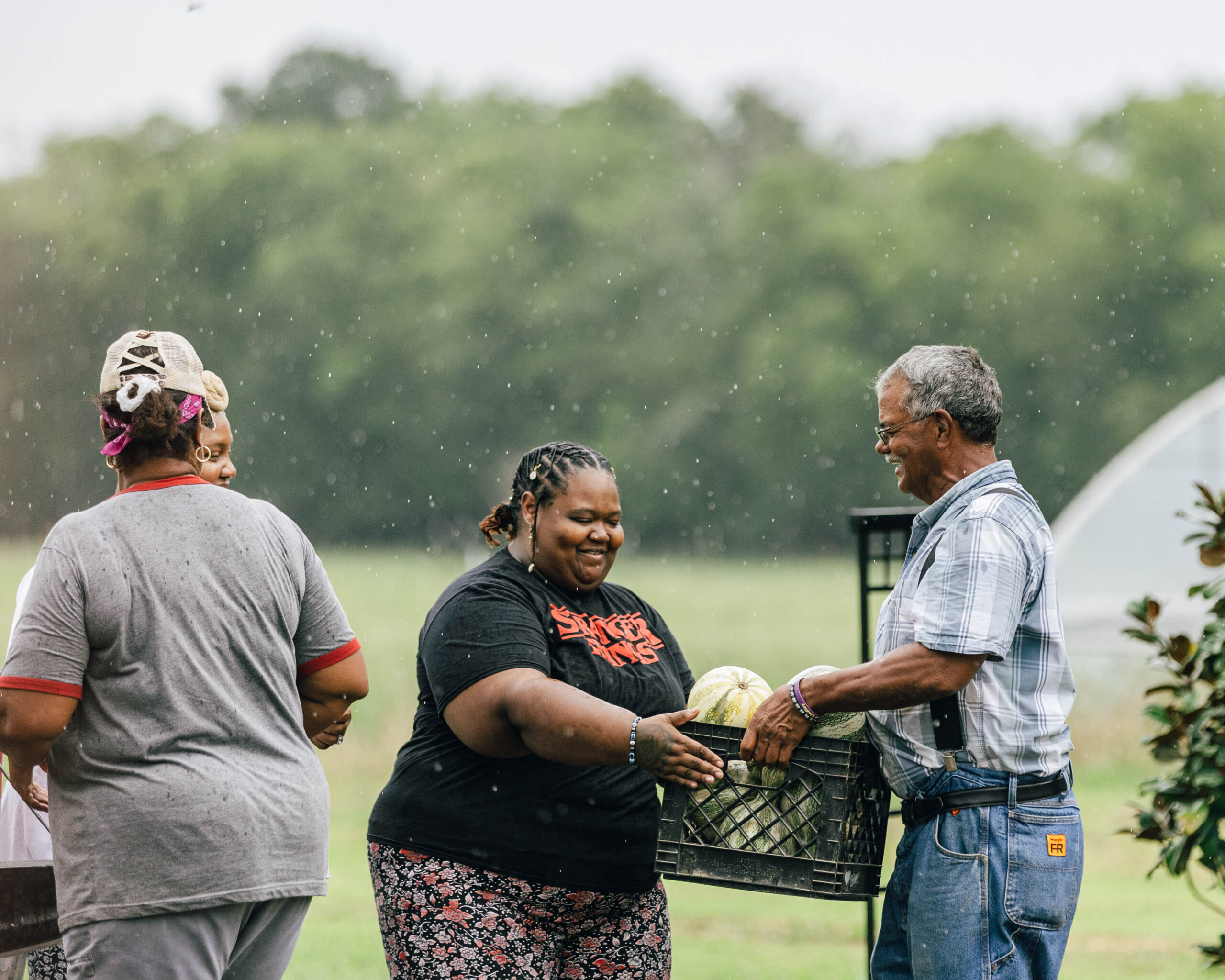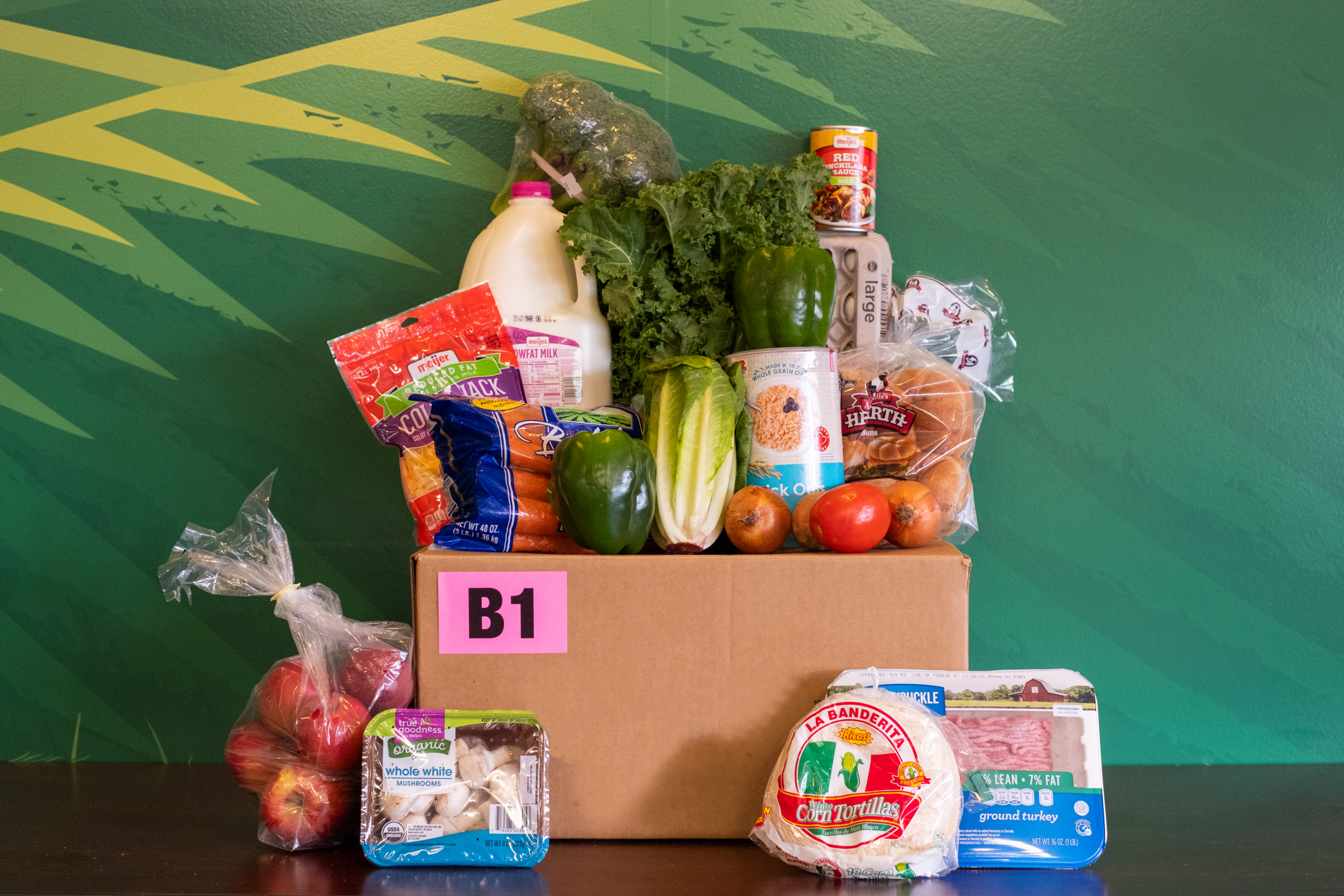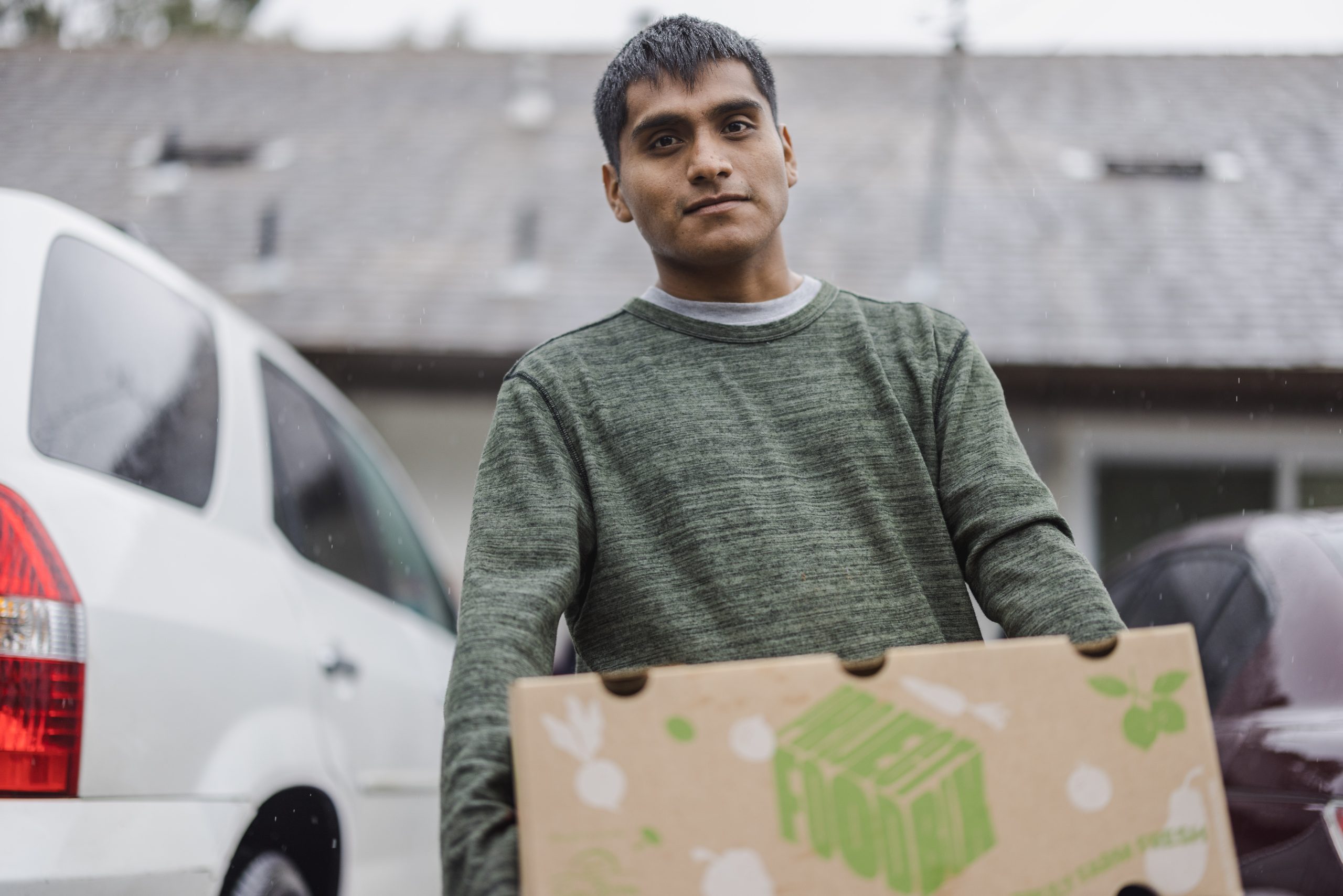
Advocacy

Feeding Northeast Florida serves as the region’s leader in ensuring our neighbors have equitable access to healthy food while also leveraging and bolstering the food system to build sustainable and thriving communities. Our organizational and programmatic priorities reflect the diverse citizens, assets and economic drivers represented in our 12-county service area. Feeding Northeast Florida’s advocacy efforts focus on ways in which we can maximize impact for all our neighbors in need of our services, our partners and all the stakeholders that shape the food system. We pursue a policy agenda responsive to a rapidly changing
Federal Priorities

Feeding Northeast Florida’s 2023 federal advocacy efforts will focus on strengthening programs administered by the U.S. Department of Agriculture to ensure that both food banks and those we serve receive support through funding and legislation.
Farm Bill
Support the passage of a strong Farm Bill that enhances nutrition programs and mitigates regulatory burdens for those seeking assistance.
TEFAP (The Emergency Food Assistance Program)
Ensure The Emergency Food Assistance Program (TEFAP) receives robust funding to support food banks during times of supply chain disruptions and inflation.
Congress
Encourage Congress to pass meaningful legislation to improve and expand child nutrition programs, ensuring broad access to nutritious meals for children in urban and rural communities.
SNAP (Supplemental Nutrition Assistance Program)
Advocate for policies that fully fund and strengthen the Supplemental Nutrition Assistance Program (SNAP), the nation’s largest hunger-relief program.
Veterans
Increase support for veterans and military families to eliminate food insecurity among those who serve and have served our country.
State Priorities
Feeding Northeast Florida’s 2023 state advocacy efforts will focus on increasing access to and removing barriers for safety net programs administered by the Florida Department of Children and Families to ensure that those we serve receive support through allocated federal funding and legislation.
SAPG (Surplus Agricultural Products Grant)
Increase funding for the Surplus Agricultural Products Grant to support Florida farmers and strengthen their connection to food banks across the state while providing fresh produce to those we serve.
Nutrition Programs
Encourage the Florida Department of Children and Families to adopt strategic administrative and eligibility policies that improve access to nutrition programs.
Workforce Development
Support legislation that strengthens workforce development and job skills training in sectors that impact the food system such as culinary education, farming, warehousing and logistics.
Legislation
Support legislation that enhances access to healthy, nutritious food focused on: improving SNAP eligibility for adult learners enrolled in college, other secondary and technical education courses and assisting those exiting the criminal justice system in accessing support in re-entry.

Local Priorities

Feeding Northeast Florida will continuously utilize current quantitative and qualitative data on hunger and other social determinants including the lived experiences of our neighbors, community stakeholder input and programmatic feedback to focus locally on:
Education
Educating local officials in every county about ways the Food Bank impacts communities in their area.
Partnerships
Advancing public/private partnerships that enable innovative food procurement and distribution methods.
Prescriptive Nutrition
Building strategic partnerships with stakeholders and partners in our region to enhance prescriptive nutrition and nutrition security initiatives that improve health outcomes.
Workforce
Developing collaborative workforce training and job skills programming that address the root causes of hunger.
Rural Communities
Working with rural communities to identify innovative and community-building solutions for food access challenges.
Local Food
Advocating for local food system economic development strategies to promote local food resiliency through localized markets and shorter supply chains.
